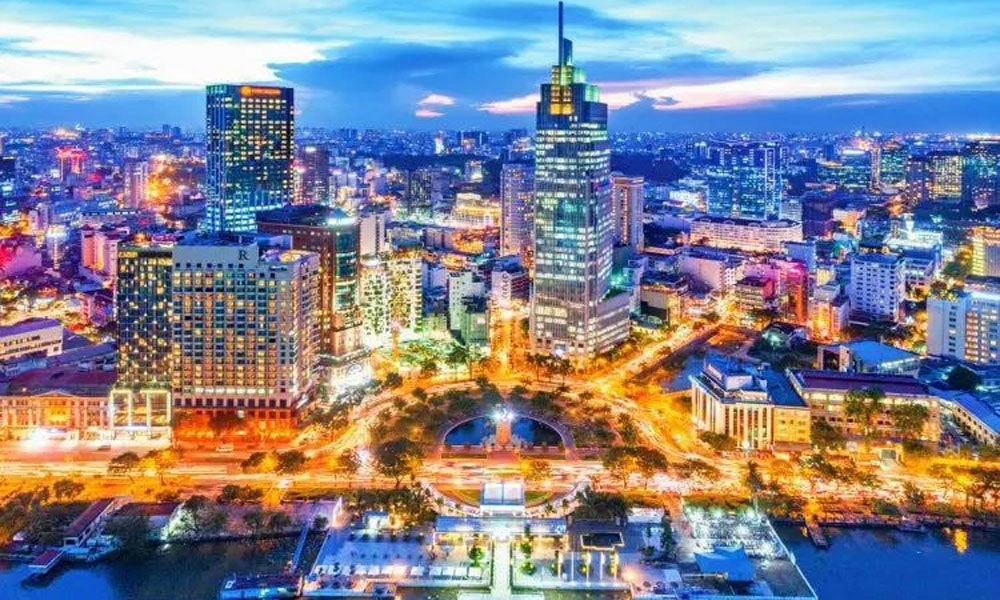FTAs help Bac Giang bring agro-forestry products to world
Since it joined the first FTA in 1993, Vietnam has negotiated, signed and implemented 16 FTAs with bilateral and multilateral trade partners. The country is also negotiating and starting negotiations on three others, including Vietnam - European Free Trade Association (EFTA), with Switzerland, Norway, Iceland, Liechtenstein as members; ASEAN – Canada; and Vietnam - United Arab Emirates (UAE).
 |
|
People in Quy Thinh village, Quy Son commune, Luc Ngan district harvest lychee for export. |
FTAs have had huge impacts on agricultural and industrial development of the country, including Bac Giang province. When participating in FTAs, Bac Giang can optimize the advantages brought by the agreements to attract investment, expand exports and promote international economic integration.
Enterprises and cooperatives in the province can strengthen cooperation with foreign partners, access new markets, and boost local economic development.
In recent years, Bac Giang province has paid special attention to the integration policies and guidelines of the Party and State, considering them a "leverage" for economic development, including the agricultural economy.
|
Bac Giang counts 720 agricultural cooperatives and four cooperative unions; 485 crop and livestock farms; and 275 OCOP products. In 2023, the province's total agro-forestry export value is estimated at more than 1.53 billion USD, an increase of 90 million USD compared to the previous year. |
To take advantage of opportunities and overcome challenges that FTAs bring, the provincial Party Committee, People's Council, People's Committee and related agencies have issued many documents to effectively implement FTAs.
In 2021-2025 period, the agricultural sector has coordinated with relevant units to develop and implement many projects on organic agricultural production models; build avian influenza- and Newcastle-free zones for chickens; and support the certification of sustainable forest management and fruit tree production, initially proving effective.
The province has also issued policies and regulations to support the production and consumption of agricultural products, including One Commune One Product (OCOP) products, as well as attraction of investment in agricultural cultivation and processing. It has assigned relevant units and localities to organize and participate in dozens of fairs at home and abroad to promote trade, creating conditions for exporting agricultural products.
Implementing the above-mentioned policies and projects, Bac Giang has zoned off many specialized production areas in most districts with a total annual cultivation area of more than 152,000 hectares. Crops that can be exported include rice, corn, vegetables of all kinds (including potato) and fruit with a total output of more than 250,000 tonnes.
Bac Giang has raised about 1 million pigs and more than 20.5 million chickens, meeting the needs of the export processing industry. The province has more than 92,700 hectares of planted forests, of which about 1,000 hectares are exploited each year, yielding more than 1 million cubic meters of wood.
Now Bac Giang counts 720 agricultural cooperatives and four cooperative unions; 485 crop and livestock farms; and 275 OCOP products. In 2023, the province's total agro-forestry export value is estimated at more than 1.53 billion USD, an increase of 90 million USD compared to the previous year.
 Bắc giang
Bắc giang














Reader's comments (0)